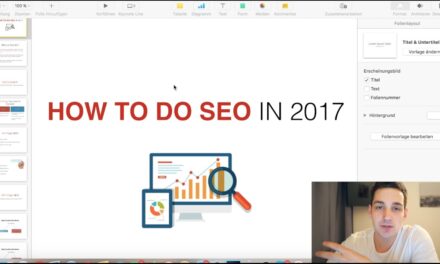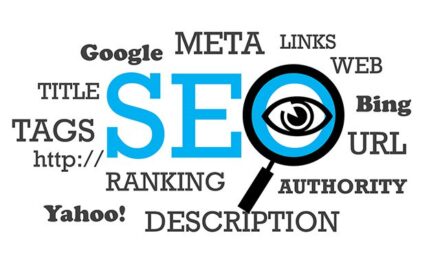As an eCommerce entrepreneur, your whole company is online. Individuals require to find your site, like your products, and then proceed to checkout for you to make any loan. And the more people visit your website, the more chances you have to convert them and make sales.But the process isn’t quiteas easy as it sounds, is it? To make your company effective, you’ll need a ton of website traffic and helpful content in terms of product descriptions, examines and article. You’ll likewise have to up your overall search marketing video game. This is where SEO(Search Engine Optimization)comes in.So, howsevere are you with your SEO? And do you comprehend the direct benefits of SEO to your marketing? If you’re not seeing much success from your
SEO efforts, it’s most likely because you’re making some or all the following 6 ecommerce
SEO errors. 1. Poor or no product descriptions
Research study studies have shown that will desert a cart as an outcome of poor product description. And if this is not bad enough, Google will punish your website if it lacks high quality content.In reality, Google’s Panda algorithm is so concentrated on quality material that it will look for grammar and spelling, text formats, length of material, subheadings, and quality of links.This implies that if the item descriptions on your website are badly done, the site is pushed further down. The very same is true when you do not have any product descriptions at all. 2. Not optimizing content for search inquiries When search engines index a site, they do from internet users. These search inquiries are what the digital marketing neighborhood describes as keywords. If the material on your website isn’t really optimized for exactly what users are browsing for,< a href="http://x3digital.com/9-essential-things-every-website-must-have/ "target="_ blank">. Let’s say you are offering individualized shoes and each piece has a special name. If you only use the names you’ve branded the shoes and overlook the common names users will type in when browsing, your website will be more difficult to discover. And, you’ll end up losing sales.To know what people are browsing for, you can use keyword research study tools such as Google Keyword Coordinator and Google Trends. 3. Absence of easy to use URLs The internet is filled with scammers, spammers and hackers. No user wishes to open a suspicious page. To avoid this, most internet users look at the URL of the website they have opened to decide if it’s secure or not.eCommerce websites will have a huge number of item pages, specifically if it’s for a large company. Since of this, the majority of pages might wind up having very long URLs and even incomprehensible ones. Take this one: https://www.fashionlite.com/jklh/i?cidl=x#werx5472q!.?.!URLs like this can puzzle users, leading them to possibly abandon your site prematurely. This can cause a high bounce rate, which adversely impacts yoursite ranking and SEO in general.To counter this, think about basic URLs that prioritize on your website’s keywords. if you’re offering hats, let people see that you’re undoubtedly offering hats and not mathematical catalogues.A URL like https://www.fashionlite.com/accessories/hats/sombreros!.?.!is far more user friendly and SEO friendly than the previous example. 4. Keyword packing As much as you can utilize keywords, you need to likewise understand ways to distribute them. If you’re utilizing keywords however your eCommerce website is not ranking as you anticipate, you could be making this mistake.Google specifies
keyword stuffing as the practice of loading up your blog site or product pages with keywords or numbers in a method that is considered out ofMediabistro, The Next Web and other significantpublications.so based on search queries








